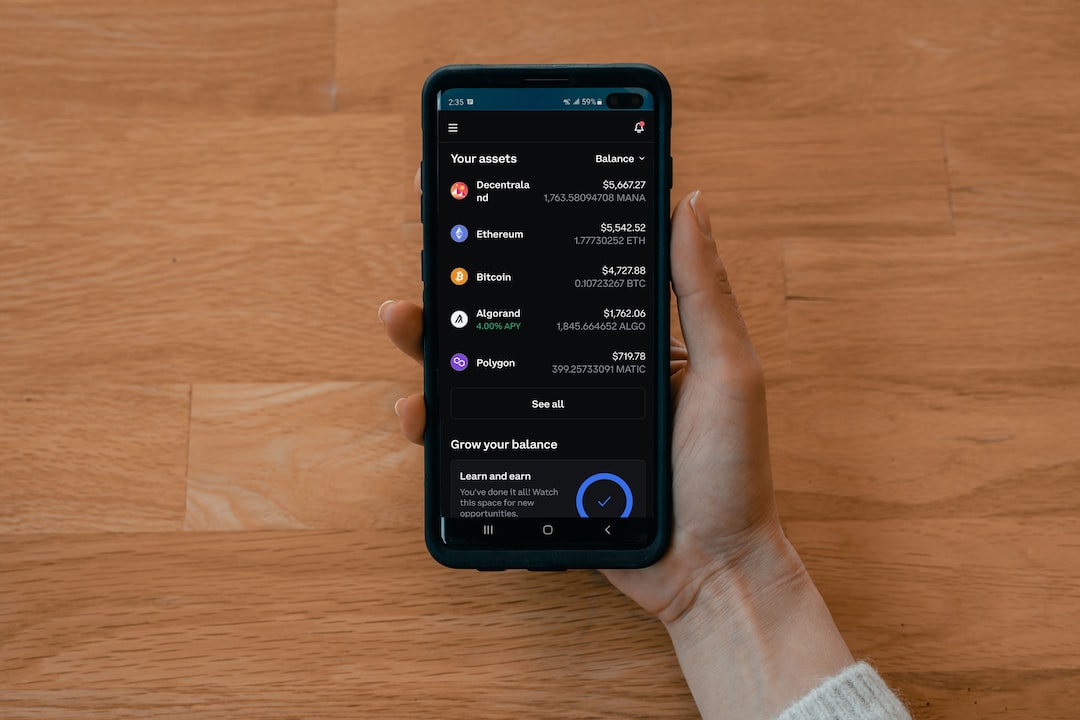McLennan County Authorities Resolve Lawsuit with Bitcoin Depot Over Seizure of Funds
A lawsuit between McLennan County authorities and Lux Vending’s Bitcoin Depot has been resolved regarding the wrongful seizure of $15,000 from a Bitcoin ATM. The incident began when an 82-year-old woman fell victim to a ransomware scam and deposited $15,000 into a Bitcoin Depot machine. Thinking the funds belonged solely to the elderly victim, investigators secured a warrant and confiscated the money from the Bitcoin ATM at a Sunoco store. However, Bitcoin Depot filed a lawsuit claiming that the seizure violated due process and sought recognition as the rightful owner of the funds. Judge Scott Felton acknowledged that the seizure was a mistake and clarified that county officials were unaware of Bitcoin Depot’s terms. The settlement details remain undisclosed, but no monetary compensation was paid to Bitcoin Depot.
Bitcoin Depot’s Request for Recognition
Bitcoin Depot, headquartered in McLennan County, Texas, operates a large network of Bitcoin ATMs across the US. They manage 6,625 ATMs, representing 9.8% of the market share. In their lawsuit against McLennan County authorities, Bitcoin Depot sought formal recognition that they were not involved in the scam orchestrated by an international fraudster. The company did not receive monetary compensation but aimed to establish its innocence in the incident.
Hot Take: Resolution Reached in Seizure Case Between McLennan County and Bitcoin Depot
The resolution of the lawsuit between McLennan County authorities and Lux Vending’s Bitcoin Depot highlights the complexities surrounding cryptocurrency-related incidents. In this case, an elderly woman fell victim to a scam and unknowingly deposited money into a Bitcoin ATM. The subsequent seizure of funds led to legal action by Bitcoin Depot, who sought recognition as the rightful owner. While the specific settlement details are undisclosed, Bitcoin Depot did not receive monetary compensation. Instead, their primary goal was to clear their name and establish their innocence. This case serves as a reminder of the need for improved understanding and protocols when dealing with cryptocurrency-related incidents to prevent similar misunderstandings in the future.





 By
By
 By
By
 By
By
 By
By
 By
By